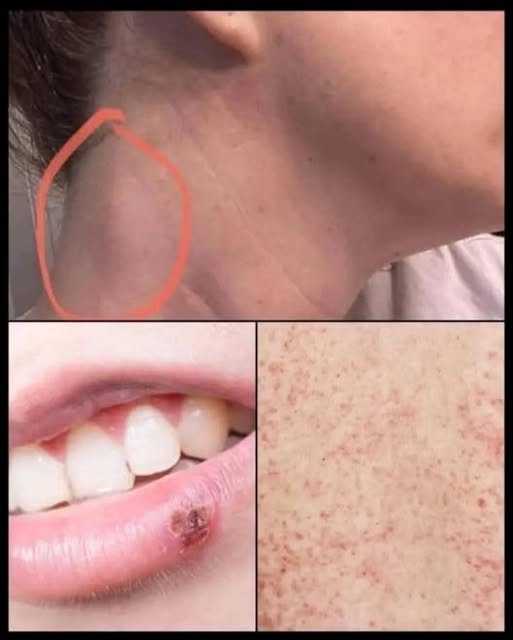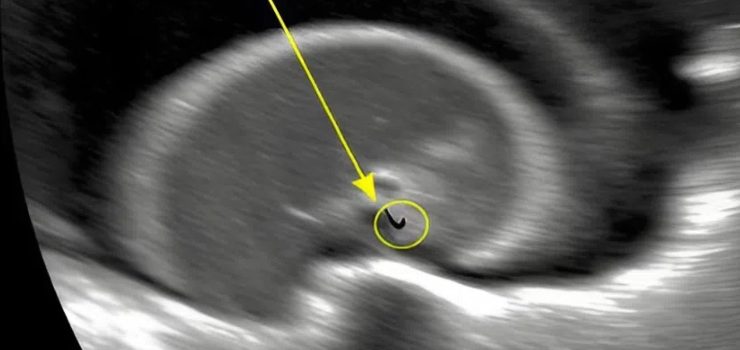Mouth cancer, a serious type of head and neck cancer, is becoming increasingly common among men over the age of 40 and continues to take a devastating toll on lives each year. The numbers speak for themselves—just in India, there have been 77,003 newly reported cases and 52,067 deaths this year alone. These figures are a stark reminder of how dangerous this illness can be, especially when it’s not detected early.

The real tragedy is that mouth cancer is highly treatable when caught in its early stages, yet many people don’t recognize the warning signs until it’s too late and the disease has already progressed, often spreading to the lymph nodes in the neck. One of the biggest challenges in diagnosing mouth cancer early is that it’s not just one single disease—it encompasses cancers of the lips, tongue, gums, cheeks, and the floor of the mouth. Because it can show up in different parts of the mouth, the symptoms can vary and often seem harmless at first. Early signs include persistent mouth sores that don’t heal, unexplained swelling, bleeding in the mouth, pain on the tongue or inside the cheeks, numbness in the mouth, sudden weight loss without a clear reason, and red or white patches that don’t go away.
None of these symptoms alone are a sure sign of cancer, but when they persist for more than a couple of weeks, they shouldn’t be brushed off or ignored. Visiting the dentist regularly is one of the most effective ways to catch this cancer early. Dentists are trained to spot abnormalities that the average person might miss, making routine dental checkups an essential part of cancer prevention. This is especially true for people who use tobacco or drink alcohol frequently, as both habits are known to dramatically increase the risk of developing mouth cancer. Smoking cigarettes, cigars, or pipes, using chewing tobacco, and even exposure to secondhand smoke are all closely linked to this disease.
And when these habits are combined with heavy alcohol consumption, the risk doesn’t just double—it skyrockets. In fact, nearly 80% of all mouth cancer cases are believed to be directly related to tobacco use. If caught in time, the chances of survival are much better. Mouth cancer is divided into four stages. In Stage 1, the tumor is small and localized, while Stage 4 means the cancer has spread to other tissues or even distant organs. Treatment options depend on how far the cancer has progressed at the time of diagnosis and may include surgery to remove the tumor, radiation therapy to destroy cancerous cells, chemotherapy, or targeted drug treatments designed to block the growth of cancer cells. The unfortunate reality in many parts of the world, including India, is that diagnosis often comes too late.
Many people still lack basic awareness about the disease, face social stigma, or have limited access to medical care. In some cases, people simply neglect their oral health or dismiss symptoms as unimportant. All of this contributes to missed opportunities for early treatment, which could have significantly improved outcomes. Medical professionals like Dr. Sajjan Rajpurohit in Delhi are making strides in both treating patients and raising awareness, but lasting change requires individual responsibility as well. Prevention and early detection are key. Everyone—regardless of where they live—can take simple but powerful steps to protect their health. Maintaining good oral hygiene, avoiding all forms of tobacco, limiting alcohol intake, and paying attention to any unusual or persistent changes in the mouth can go a long way in catching the disease before it’s too late. Mouth cancer doesn’t have to be a death sentence. It is one of the most preventable forms of cancer and, when detected early, often curable. Raising awareness, staying alert to warning signs, and seeking professional care promptly are not just good habits—they can literally save lives. The difference between survival and tragedy often comes down to recognizing the signs early and taking action before it’s too late.





